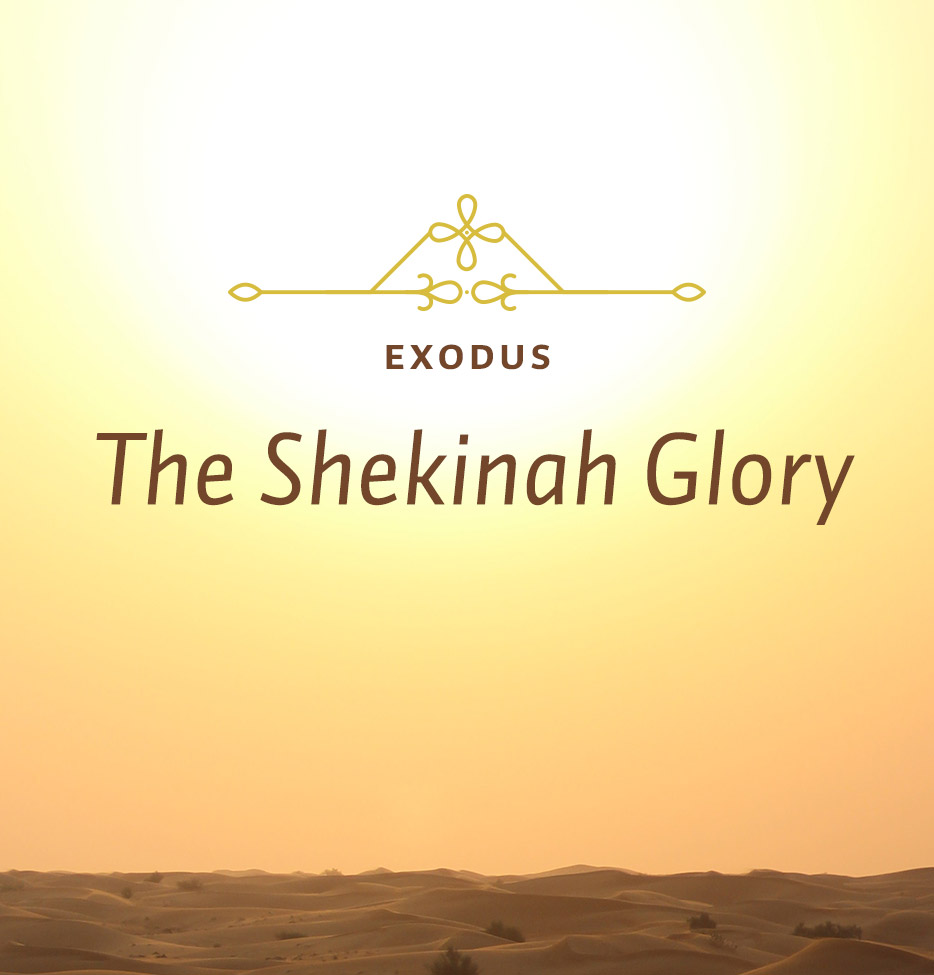Now we have to ask something about this cloud and try to figure out what it was like. They called it a cloud but the only reason they did so was because they really didn’t have any word in their vocabulary to describe it.
We have something analogous to that in our own fairly recent history. When the first atomic blasts were set off near the end of World War II, the observers saw an immensely destructive force that rose up into the sky and spread out all in a flash with great power. When reporters were writing their stories for the newspapers, they called it a “mushroom cloud.” It wasn’t really a cloud, at least not in the same sense that we use the word to describe clouds. And it certainly wasn’t a mushroom; it was simply in the shape of something like a mushroom. The point is that they didn’t know any word to describe an atomic blast.
That’s what happened to the Israelites. This enormous thing came and led them and spread out over the camp. And they looked up at it and they said, “What in the world is it?” Well, they did just what we would do: they said it’s a cloud. And sometimes they called it a pillar of cloud or a pillar of fire. Sometimes they called it the “pillar of the LORD,” or sometimes they called it “the glory” or “the radiance.” The Hebrew word for “radiance” is shekinah. So usually today when we refer to it, we refer to it as the Shekinah glory—the blazing, luminescent glory of the Lord our God displayed in that particular phenomenon.
Anything that immense was certainly of great importance to the people, and that of course is why it’s mentioned so many times in the Pentateuch, though not as often in the New Testament. We’ve passed beyond it and don’t think much about it today. But it was very important to the Israelites.
As I already mentioned, the cloud was a symbol of God’s presence. When that cloud came down upon the tabernacle it was a visible way of saying that God had come down upon the tabernacle to dwell with His people. Now the text makes it clear that Moses could not enter the tabernacle because the cloud had settled upon it and the glory of the Lord filled the tabernacle. It’s because the holy God was there that Moses was unable to enter.
Going back to Exodus 33, referring to the Tent of Meeting, we are told, “As Moses went into the tent the pillar of cloud would come down and stay at the entrance. The cloud would come down and stay at the entrance while the LORD spoke with Moses. And whenever the people saw the pillar of cloud standing at the entrance to the tent, they all stood and worshiped each at the entrance to his tent” (vv. 9-10). Likewise, Psalm 99:7 says, “He spoke to them from the pillar of the cloud.”
An even more remarkable passage than that is Numbers 10:34-36, where Moses actually calls the cloud “the LORD.” Here is what we are told: “The cloud of the LORD was over them by day when they set out from the camp. Whenever the ark set out, Moses said, ‘Rise up, O LORD [referring to the cloud]! May your enemies be scattered; may your foes flee before you.’ Whenever it came to rest, he said ‘Return, O LORD, to the countless thousands of Israel.’”
Now that’s really remarkable, isn’t it? Think about what we have learned of God and the nature of God from God’s revelation of Himself to Moses, first at the burning bush, and then on Mount Sinai when Moses asked to see His face and was told by God that no one can see His face and live. We’ve learned from this that God is immaterial and transcendent and dwells in unapproachable glory. Yet strikingly, here God indicates that He is willing to dwell among His people.
How do you reconcile that? How can God be transcendent, immaterial and unapproachable, and at the same time dwell among His people? The Bible teaches that God is both transcendent and immanent at the same time. He is infinitely above us and beyond us, such that we can’t even begin to comprehend what He is really like in and of Himself. Yet at the same time He is content to dwell among us, and in us, and to be our God.






